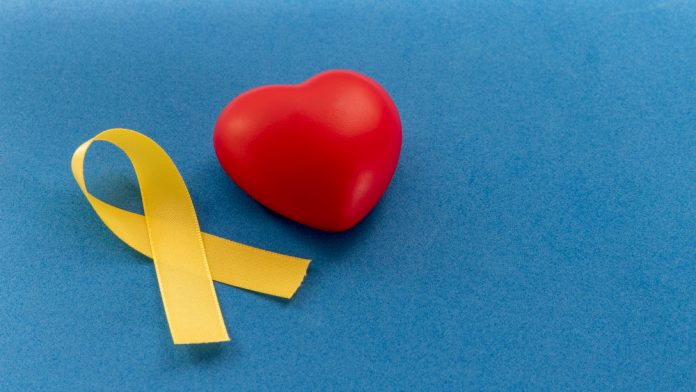Friday 10th of September was World Suicide Prevention Day, and mental health services are available privately or through public health institutions to help reduce suicide risk. Persons with suicidal thoughts and their families do not have to suffer in silence.
According to Janine Roos, director of the Mental Health Information Centre at the Tygerberg Campus of Stellenbosch University, it is important to encourage those who suffer in silence to get help if they think they are at risk of suicide.
The true incidence of suicide and suicidal behaviour is unknown. Many suicides go unreported. The World Health Organization (WHO) estimates a million people worldwide commit suicide every year. Males are more likely to complete suicide than females, but females are more likely to attempt suicide. Suicide is an attempt to escape suffering that has become unbearable. Some conditions are associated with a higher risk for suicide, e.g., depression, alcohol and drug abuse and schizophrenia. Factors other than mental illness like sociocultural or economic influences are also implicated in the aetiology of suicide. The emotional impact of suicide on family and friends can last for many years.
Interestingly, the first study on suicide during the COVID-19 pandemic found that the number of suicides decreased or remained unchanged despite the profound mental health consequences of the pandemic for many people. The study was done in higher-income countries where governments increased mental health services to support communities and mitigate the effects of lockdowns on mental health and suicide. The lack of reliable current suicide data from low- and middle-income countries makes it impossible to know what is happening in these parts of the world. As restrictions are lifted and we adapt to a new way of living, we should be cautious to support those feeling lonely and experiencing financial hardship.
Prevention of suicide remains an important public health priority. It is estimated that for every completed suicide there are approximately 20 non-fatal suicide attempts. Most people who die of suicide exhibit warning signs. The person may say or think things like ‘I cannot think clearly; cannot see a way out; feel hopeless and without any energy’ and talk about death regularly. Studies have found that hopelessness is a strong predictor of suicide. Research also shows that those between the ages of 15 and 29 years are most at risk for suicide.
Warning signs in teenagers include drastic changes in eating and sleeping patterns, drug and alcohol abuse, rebellious or reckless behaviour, neglect of personal appearance, expressions of having no reason to live and withdrawal from friends and family. Suicide prevention starts with recognising these signs and taking them seriously.
“If someone close to you exhibits signs of suicide, be proactive and do not leave them alone. Remove guns, medication or anything that may be of danger. Reach out to them and offer your help. Be compassionate, non-judgemental, and caring, and try to get the person to professional help (general practitioner, psychiatrist, psychologist, social worker, or school counsellor).
Encourage, support, and create opportunities so that the person can talk to you. Listening and talking honestly and openly about suicidal thoughts can help save a life,” Roos concluded.
Break the silence; seek help!
- Call 021 938 9229 or email mhic@sun.ac.za for the public or professionals in the whole of Southern Africa.
- Suicide Crisis Line: 0800 567 567
- Lifeline National Counselling Line: 0861 322 322
- Mental Health Information Centre of SA: 021 938 9229




